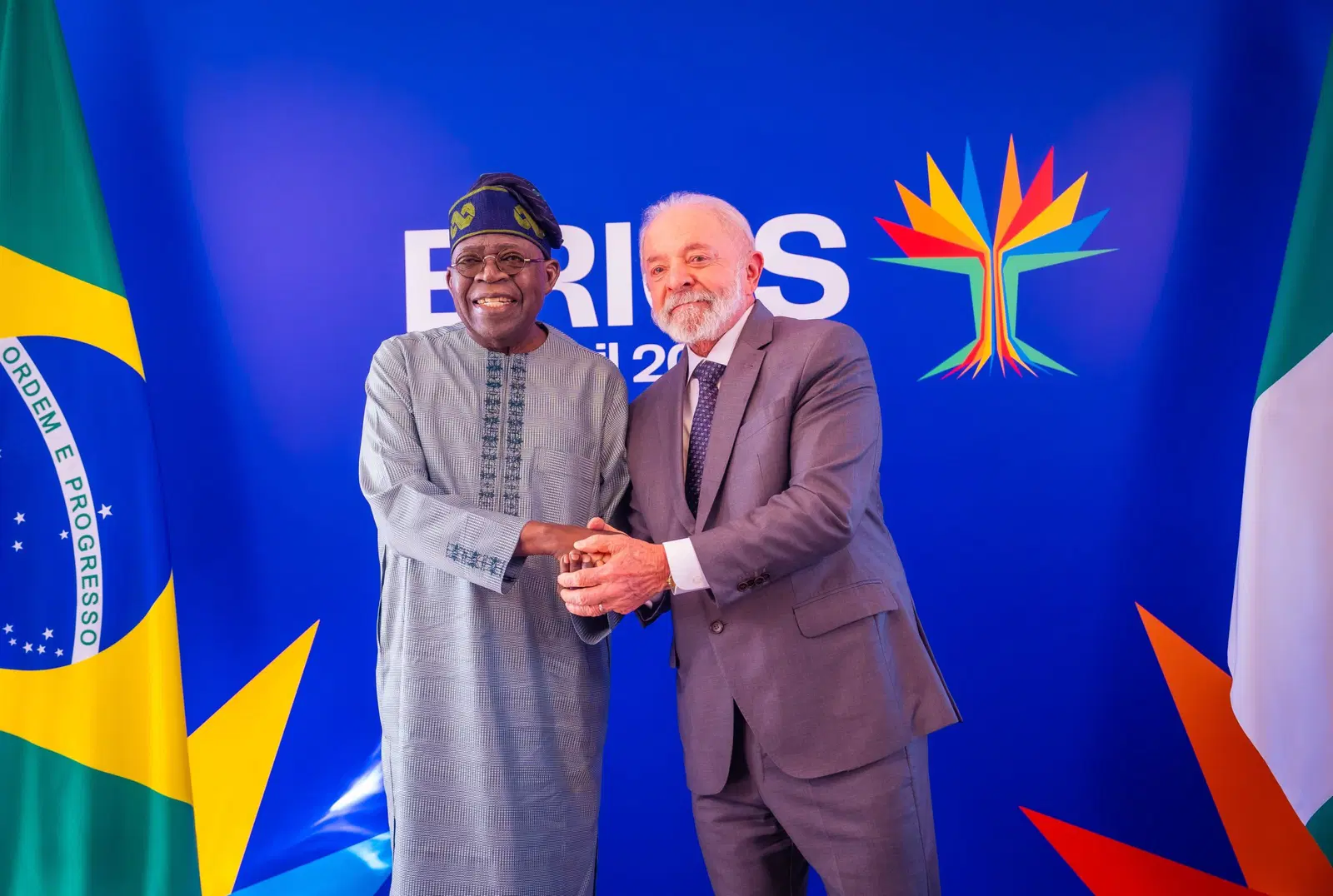On Saturday, July 5, 2025, President Bola Tinubu addressed the 17th BRICS Summit in Rio de Janeiro, Brazil, calling for a comprehensive reevaluation of global governance, financial structures, and health systems to ensure greater equity for low-income and emerging economies, particularly in Africa. Speaking as Nigeria’s first participation as a BRICS partner country, admitted on January 17, 2025, Tinubu emphasized that Africa, despite contributing the least to global emissions (3.8% of global CO2, IPCC 2022), suffers disproportionately from climate change impacts, such as floods displacing 2.6 million Nigerians in 2022 (UNHCR). He urged a fairer world order with justice, equity, and accessible financing, advocating for sustainable technology transfers and local ownership of solutions. Nigeria joined Belarus, Bolivia, Cuba, Kazakhstan, Malaysia, Thailand, Uganda, and Uzbekistan as the ninth BRICS partner country, a status established at the 2024 Kazan Summit.
Tinubu aligned Nigeria with BRICS’ vision for a representative global system, criticizing the marginalization of developing nations in global decision-making. He highlighted Nigeria’s Vision 2050, focusing on youth inclusion, climate action, and health equity, and endorsed initiatives like the African Carbon Market and Great Green Wall to combat desertification affecting 40% of Nigeria’s land (FAO 2023). He stressed the need for collaboration ahead of COP-30 to address non-communicable diseases, which account for 29% of deaths in Nigeria (WHO 2023), and build resilient health systems. “The BRICS must be a beacon for emerging solutions,” Tinubu said, emphasizing solidarity and self-reliance. Accompanied by Foreign Affairs Minister Yusuf Tuggar and Finance Minister Wale Edun, Tinubu also met investors to promote Nigeria’s agriculture, solid minerals, healthcare, and renewable energy sectors, aligning with the summit’s theme, “Strengthening Global South Cooperation for Inclusive and Sustainable Governance”.
The African Democratic Congress (ADC) criticized Tinubu’s reforms as “optics” driven by 2027 election fears, alleging inaction on hunger and economic collapse.

Leave a Reply